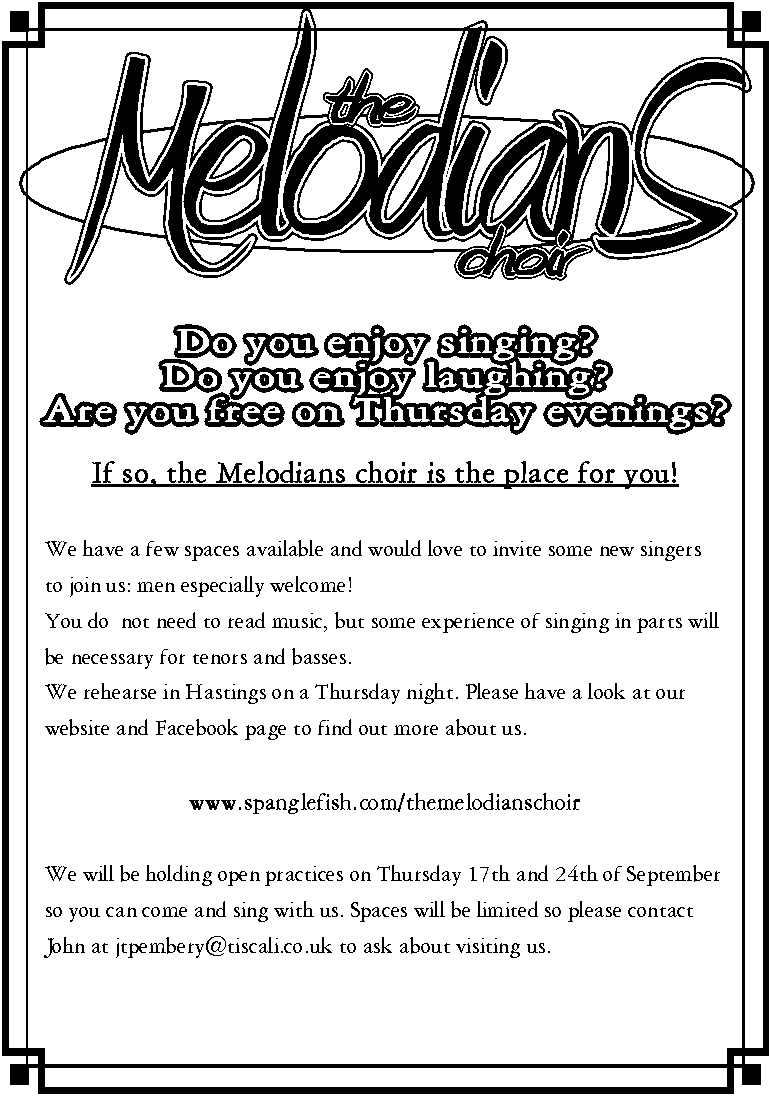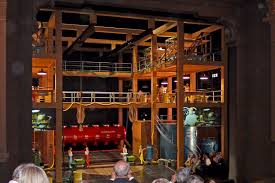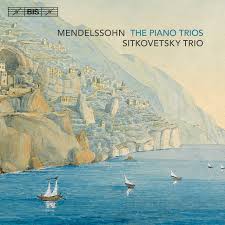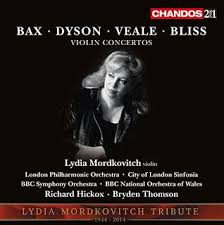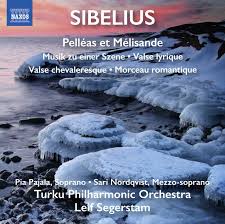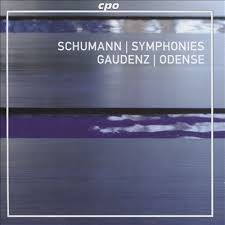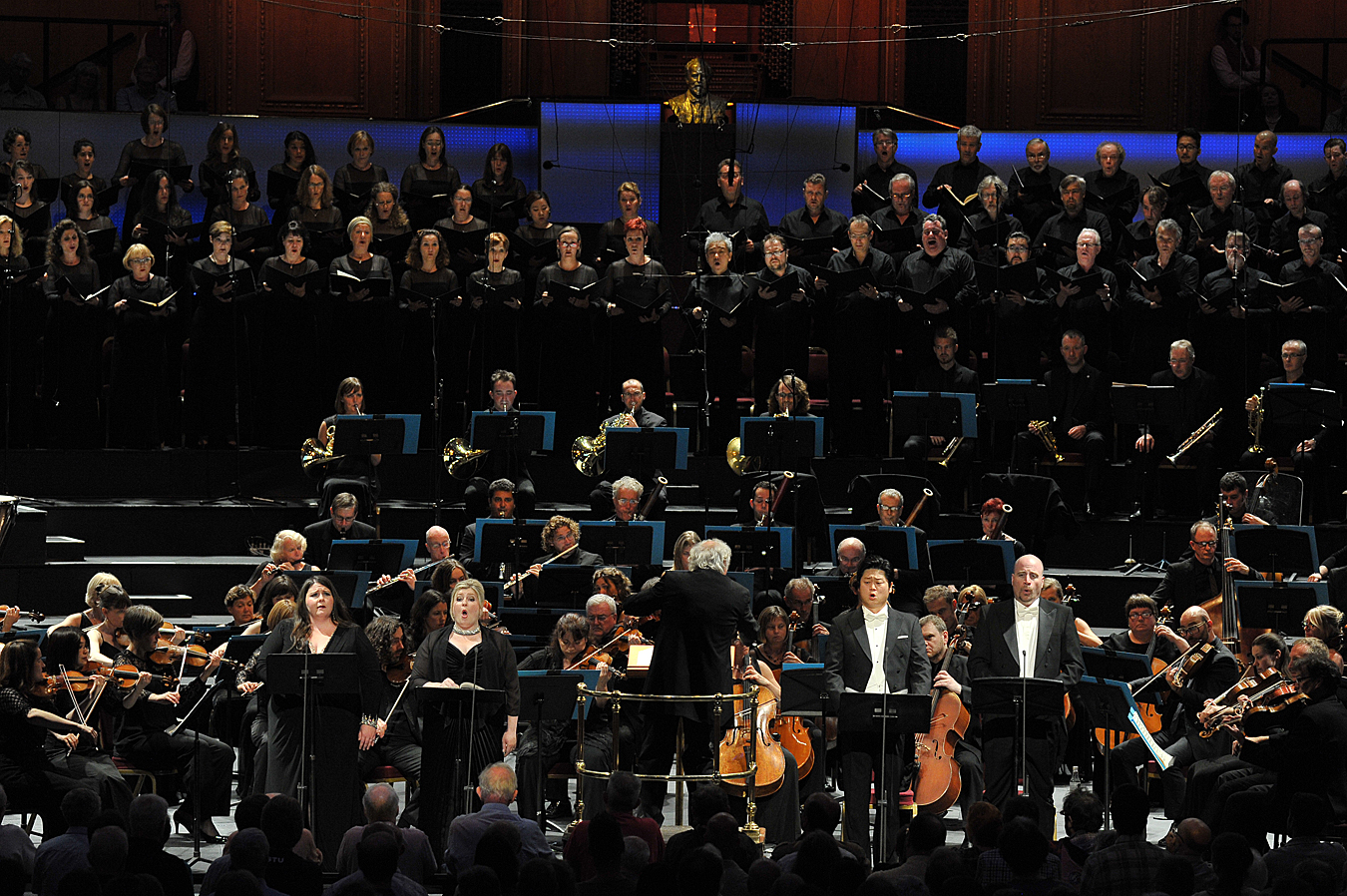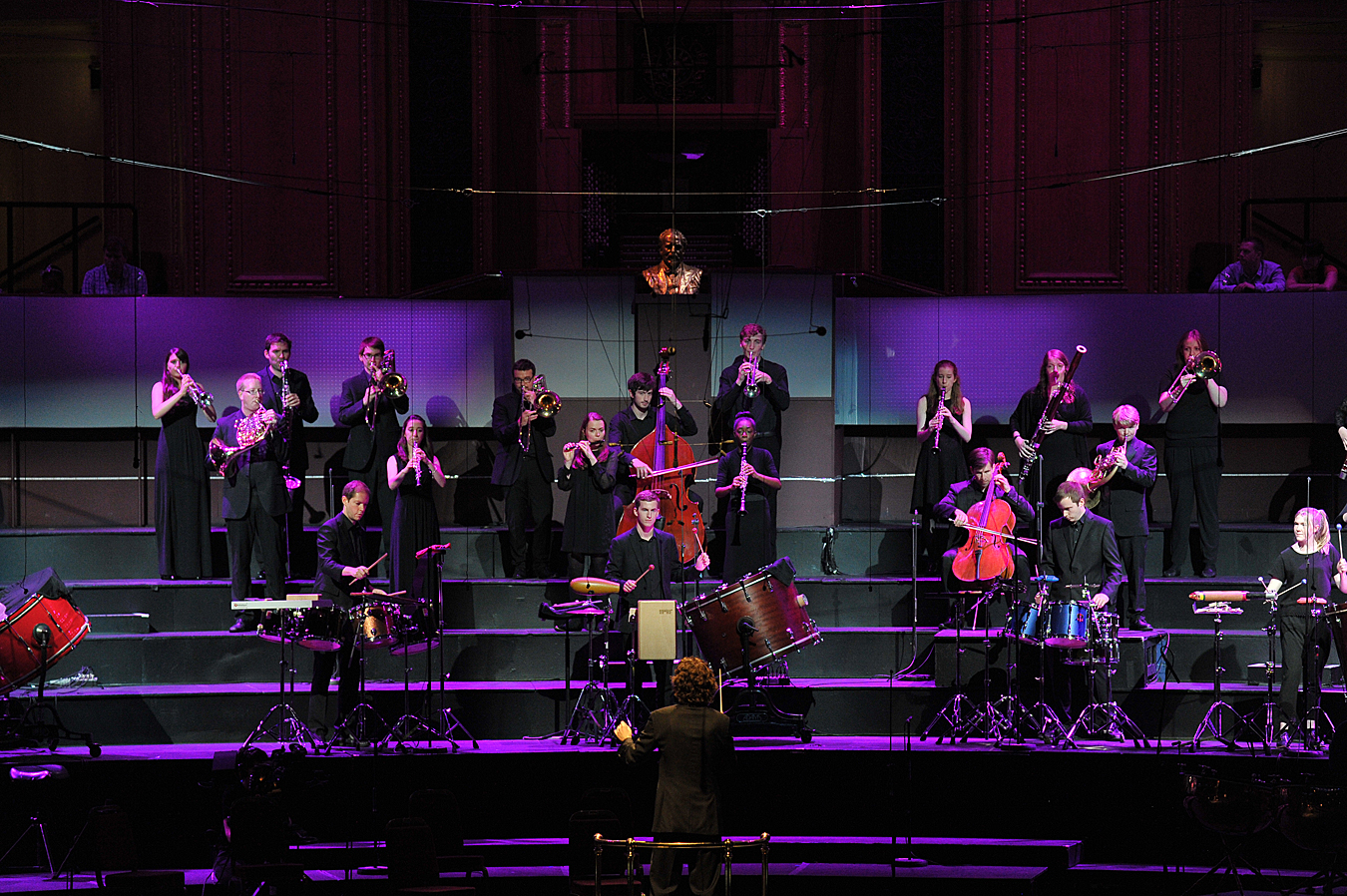Monthly Archives: August 2015
BPO Summer Series: 4
Brighton Unitarian Church
Sunday 9 August 2015
The final concert brought an unexpected mix of pieces, opening with Barry Mills’ String Quartet written in 2007. The composer introduced the work but it was difficult to sense all the nuances his comments anticipated. The opening movement is based on the sea, but there is no hint here of Debussy or Britten. In fact I doubt if any listener would recognise the sounds as sea-like unless they had been warned in advance. The movement is melancholic and dark, giving way to an edgy, strident second movement which seems too introspective to be playful. The third movement is by far the most successful with a sense of cohesion and refinement, the melodic line passing smoothly between the members of the quartet. The final movement returns to musical ideas drawn from the first two movements and adds birdsong, the most obvious of which was the aggressive call of the gulls.
Gordon Jacob’s Suite for Bassoon and String Quartet is a brief but pleasing work, and brought Brighton Phil’s first bassoon, Jonathan Price, to us for first time. His sound was almost too much for the small venue but well balanced with the quartet across the four short movements. The second and final movements are playful, almost skittish at times, and there is an effective yearning quality to the Elegy. The work was written for the Cheltenham Festival in 1968 and was presumably given alongside other works featuring the bassoon. On this occasion we felt rather cheated at getting so little of the soloist.
The final work was Haydn’s G minor Quarte The Rider. A late work, this has all the passion and depth of a Beethoven quartet and much of the same intensity. The opening textures are dense and the focus moves freely across all four players. The romantic second movement is an absolute delight leading into the mellifluous Menuetto and the genial finale. The soloists from the BPO have changed over the four afternoons and on this occasion were Ani Batikian and Leo Payne, violin, Roland Roberts, viola and Peter Adams, cello. That the orchestra can provide such high standards for chamber concerts is a tribute to its continuing success.
The autumn season opens at Brighton Dome on Sunday 11 October with works by Tchaikovsky, Beethoven and Kalinnikov.
CDs & DVDs: August 2015
Wagner: Tannhauser
Bayreuth Festival 2014
OPUS ARTE OA 1177 D
It is many years since I was last in Bayreuth but regular releases have enabled us to keep up with the changes in production style which the house has undergone. Few can be stranger than this new Tannhauser. Musically there is a great deal to commend it and if it were a CD release I would be full of praise both for Axel Kober conducting and the immaculate singing of the Bayreuth chorus. Solo singing is strong and frequently beautiful in its line.
However the approach seems almost entirely perverse. Wagner created Bayreuth to enable the audience to immerse themselves in the work, to focus entirely upon it without distraction. The stage setting should enable the audience to forget everything except the work itself. Here, the stage is converted into a factory – and moreover a factory which works on regardless of the action in which the singers are involved. There is even a lengthy non-communion service prior to act three. The designer and director state in a lengthy programme note that they wanted the setting to create a non-world within which the opera could take place. It seems reasonable to ask why they did this at Bayreuth? If they want to set it in a factory why not do just that? There were surely plenty of redundant buildings which could have been put to use, but to use all the resources available at Bayreuth for a static factory set seemed counter-productive and constantly worked against both the music and the narrative. Some recent productions have been dull, some – like the recent Mesistersinger- have proved challenging but highly effective. Visually, this Tannhauser was neither.
Aulis Sallinen: King Lear
Finnish National Opera, Okko Kamu
ONDINE ODV 4010
King Lear has been a provocation to composers for at least two centuries. Verdi and Britten both contemplated it but in the end abandoned their schemes. This recent version, recorded in 2002 at the Finnish National Opera, by Aulis Sallinen is more traditionally operatic than one might expect of a contemporary composer. The chorus is used liberally throughout and much of the vocal writing is lyrically based. Matti Salminen makes a strong protagonist and he is well supported by strongly focussed characterisation from those around him. Lear is never an easy work but this version could sit comfortably alongside more familiar settings of Shakespeare.
Mendelssohn: Piano Trios
Sitkovetsky Trio
BIS 2109 56’59
This new CD was featured recently on the radio and hopefully that will have brought this lovely recording to a far wider audience. The performances are crisp and bright throughout; well worthy investing in.
British Violin Concertos
Lydia Mordkovitch, violin
CHANDOS CHAN 241-53 78’39; 77’36
This is a timely issue, bringing together the collective talents of Richard Hickox and Bryden Thomson with Lydia Mordkovitch who was a founding artist for Chandos records. It includes violin concerti by Arnold Bax, George Dyson, Arthur Bliss and John Veale, the most interesting of which is the most recent – and least known – by John Veale. It also demonstrates the continuing strength of more conventional composition throughout the twentieth century in the face of the avant-garde. There is a great deal to enjoy here.
Sibelius: Belshazzar’s Feast
Turku Philharmonic Orchestra, Leif Segerstam
NAXOS 8.573300 63’03
Sibelius: Pelleas et Melisande
Turku Philharmonic Orchestra, Leif Segerstam
NAXOS 8.573301 57’49
These two new releases bring together a large number of smaller works, often lesser known, in the company of the complete incidental music for Pelleas et Melisande and Belshazzar’s Feast. Leif Segerstam has a lean, often dry, approach to the scores which is convincing in its honesty and the tonal finesse of the orchestra. The Turku Philharmonic Orchestra is joined by soprano Pia Pajala and mezzo Sari Nordqvist in Autrefois. For those of us who value Sibelius and are keen to add to our collections his shorter pieces these are a valuable addition.
Schumann: Complete Symphonies
Odense Symphony Orchestra, Simon Gaudenz
CPO 777 925-2 123’52
There are many recordings of the Schumann symphonies so what have these Odense recordings have to offer? That they are presented in chronological rather than numerical order may seem a minor point but when listening straight through it moves the fourth symphony into its correct (second) place. Doing this, we get a far better sense of the growth of the composer as a symphonist. The first is light, Mendelssohnian in touch and sensitivity. This lightness continues right through with a sense that Schumann is closer in emotional temperament to the classical mode than the later romanticism. We experience the burgeoning romanticism through Mozart’s eyes rather than Brahms. I found this very convincing, though I realise some readers may prefer a more profound, not to say heavier, sound world.
Prom 23: 2015
Sunday 2 August
Verdi’s Requiem has had a strong presence at the Proms over the last fifty years and I heard my first live performance under Carlo Maria Giulini in 1963 to electrifying effect.
If Donald Runnicles’ performance last night did not quite eclipse that memory there was certainly a great deal to enjoy in the handling of the large forces and, in particular, the sensitivity to the quieter passages. The opening was so soft it hardly reached the extremities of the Royal Albert Hall but when it erupted there was a violence in the momentum which seemed unstoppable. He was greatly helped by the impact of the Chorus of the Deutsche Oper Berlin. Using somewhat smaller choral forces than is often the case, but a force which is entirely professional and used to singing from memory, made for an intensity of attack and boldness of line which easily road the orchestral forces. Dies ira and Tuba mirum were thrilling in their impact, but as noted above, it was the more reflective moments which particularly impressed. Angela Meade’s soprano floated effortlessly through the hall but it was the human warmth of Karen Cargill’s mezzo which seemed to be the key to Donald Runnicles’ approach.
Bass Raymond Aceto gave stalwart support even if occasionally it lacked passion. Tenor Yosep Kang has a strong top to the voice but he had considerable difficulty in the middle register and the voice was often out of focus and at times off pitch. A pity when so much around him was so good.
The concert will be repeated on BBC Radio 3 on Wednesday at 2.00pm.
Prom 22: 2015
Sunday 2 August 2015
Though this was advertised as a family prom there seemed to be very few children in the audience. Maybe the presence of two new works put off some parents. A pity, for both were easily accessible and made an excellent foil for the Mozart and Beethoven.
The Aurora Orchestra has made a virtue of playing from memory though the opening Pastoral Symphony by Brett Dean was securely from the score. Moving back to Australia, the composer was struck by the sounds of nature in the antipodes which are so different from those of the European world. The symphony reflects these differences and also the gradual loss of natural sounds to those of the city and industry. Electronic and recorded sounds are used sensitively throughout, blending in seamlessly with the orchestral instruments, which are themselves used to create breathy, voiceless sounds as well as conventional notation. If the score often sounds closer to Messiaen than to Beethoven this should not imply it is difficult on the ear, with its jazz overtones and pleasing sense of narrative line.
Mozart’s Coronation piano concerto K537 is far less familiar to us than the core concerti and therefore all the more welcome. Soloist Francesco Piemontesi had made his own version of the score as the original is incomplete and in places needs more than a simple reconstruction. The result was totally convincing, with a freshness and intimacy balancing the many touches where Mozart seems to be moving in an entirely new direction. It is a ghostly indication of what he might have achieved had he lived longer.
Anna Meredith’s Smatter Hauler opened the second half and here the Aurora Orchestra were joined by a group of highly enthusiastic, not to say skilled, members of the BBC Proms Youth Ensemble. The work is brash and invigorating, as intended, and for once the use of lighting was highly effective to point to the sections playing and the focus of a particular part of the score. There is more to music-making than thwacking a drum, but it can be infectious and certainly set the hall alight in its brief five minutes. I hope we not only hear the piece again but that it encourages others to commission works from Anna Meredith.
Last season the Nicholas Collon and his orchestra played Mozart Forty from memory, this year it was Beethoven’s Pastoral. In the event this was far more than a feat of memory. With virtually all the players standing there was a freedom to the playing which can’t happen when all are seated and concentrating on the scores before them. There was a frequent sense of dance movement across the orchestra and each musician became a soloist in their own right. Added to this, the need for constant eye contact meant there was a much tighter sense of ensemble. Tempi were fast and buoyant. The birdsong at the end of the slow movement brought us full circle to Brett Dean’s vision of Australian nature, and led us into a joyous relaxed final movement.
The concert is repeated on BBC Radio 3 this Friday at 2.00pm and the concert will be televised on BBC Four on Sunday at 7.00pm – and for 30 days on the BBC iPlayer.

